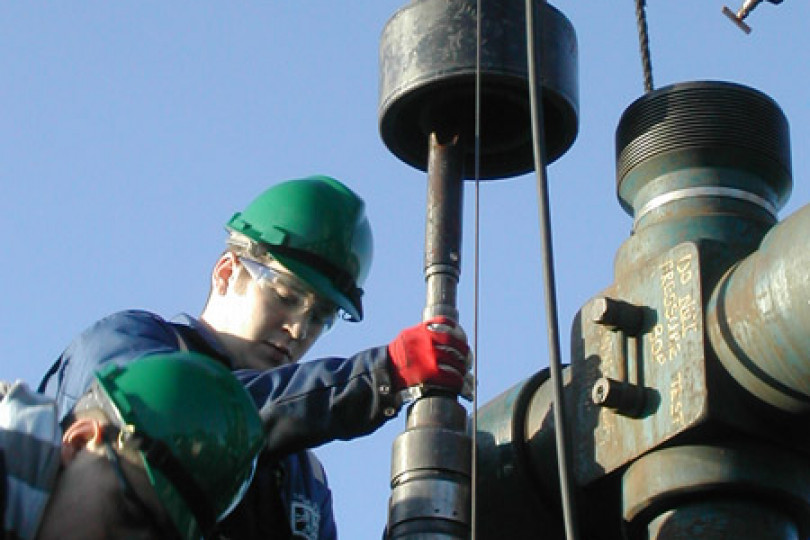Natural gas extraction method meets resistance
THE GOLD RUSH-like euphoria over extracting natural gas from shale is not meeting universal acceptance. The Burlington Free Press reported May 16 that Vermont has become the first state to ban hydraulic fracturing of shale (“fracking”).
Fracking uses high-pressure injections of water, sand, and chemicals to break apart shale formations containing oil and natural gas. Concerns have been raised about environmental consequences involving potential contamination of ground water, storage of fracking wastewater, and fracking-induced seismic activity.
Individual communities have also taken steps to ban the process, while the state of New York has issued a moratorium on the practice. The Obama administration recently released proposed new rules to require oil and gas companies that use fracking on public and American Indian tribal lands to disclose the chemicals they use.
Cheap, plentiful natural gas supplies that depend on fracking (along with strict new environmental rules on coal) are driving power generation companies to switch to gas-fired power plants instead of building new coal-fired units. The pull-back in constructing coal-fired units has reduced man-hours available to Boilermakers and other construction trades that traditionally have built and maintained those facilities.






